Description
Featuring broad 7 ½” leaf-shaped blade with a pair of upturned lugs and a larger pair of
down-turned lugs below. Engraved on the blade on both sides is the crowned cipher of
Charles VII, Holy Roman Emperor. Below this is inscribed “Regiment Grafen von
Seckendorf” with decorative border. Integrally forged tapering stepped octagonal ferrule
with 18 ½” side straps, one engraved “H.V.S No 4″; mounted on round-section hardwood
shaft (likely the original). Length of metal 33″, overall length 78 1/4″. Very good condition
with clear markings, only slightly rubbed along the medial ridge.
This partisan clearly relates to Friedrich Heinrich Reichsgraf von Seckendorff (5 July 1673
– 23 November 1763, a Franconian Field Marshall, diplomat, and later commander of the
Bavarian Army. His distinguished military career began in 1693 in an allied army
commanded by William III of England. He later served in the Imperial Army during the
Great Turkish War. He then fought in the War of the Spanish Succession, serving with
distinction at the Battle of Blenheim. Disappointed with his lack of promotion, Seckendorff
entered the service of King Augustus II of Poland as a major general. In 1726, at the
insistence of Eugene of Savoy, Seckendorff became the imperial ambassador at the
Prussian court in Berlin. He returned to military service in 1734 and as imperial general of
cavalry during the War of the Polish Succession, he led 30,000 troops against the French
at Clausen on 20 October 1735. In 1737, Emperor Charles VI made Seckendorff
commander-in-chief in Hungary as a Field Marshall. After a short term in prison as a result
of the unsuccessful war against the Ottomans, Seckendorff accepted command of the
Bavarian Army from the new Holy Roman emperor, Bavarian Charles VII. This would be
the approximate date of the partisan offered here, as it bears the cipher of Charles VII.
Seckendorff retired from military service in 1745, but was abducted by hussars at the order
of Frederick the Great in 1758 during the Seven Years War and served a half year in
detention, likely to prevent him from taking an active role in the hostilities. He died at his
estate in Thuringia in 1763 at the age of 90.

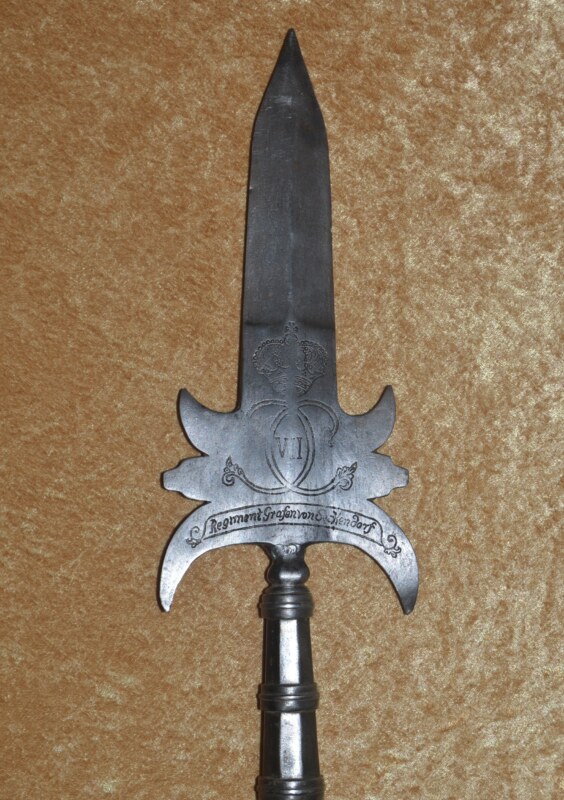
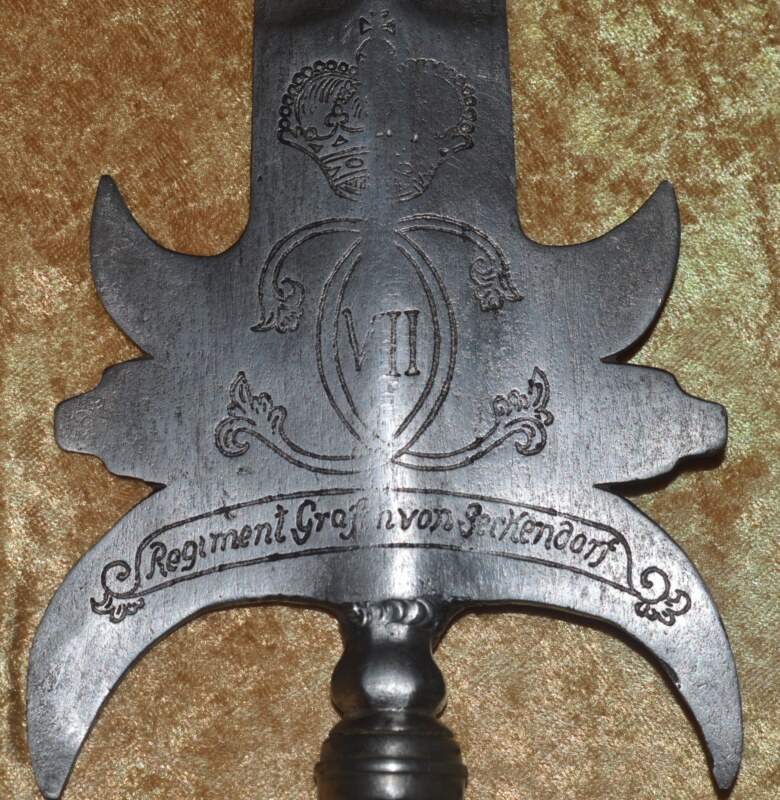
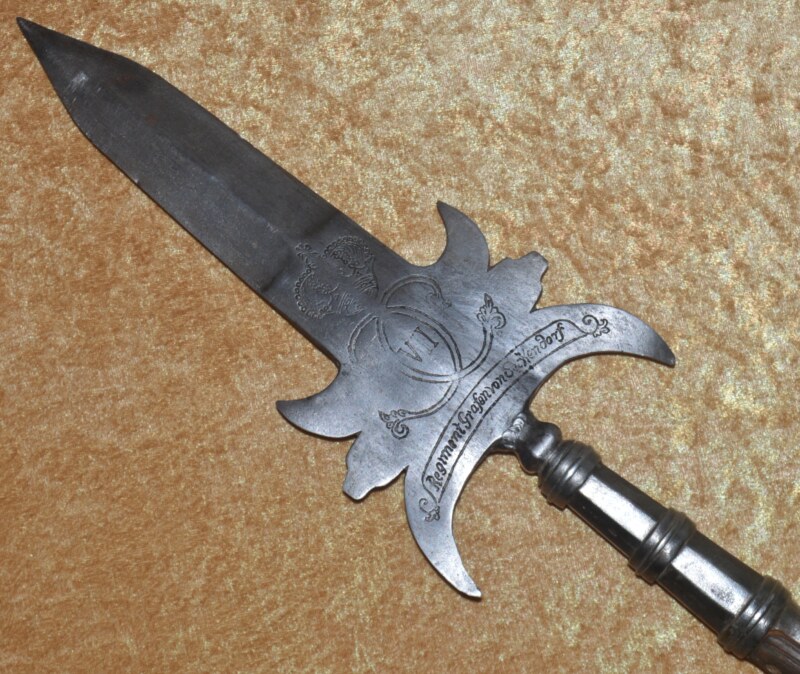
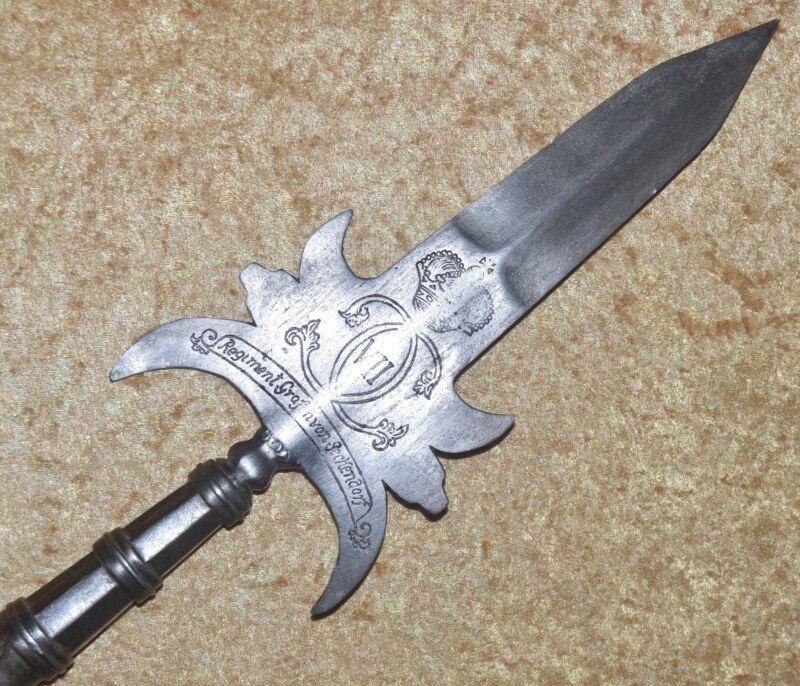
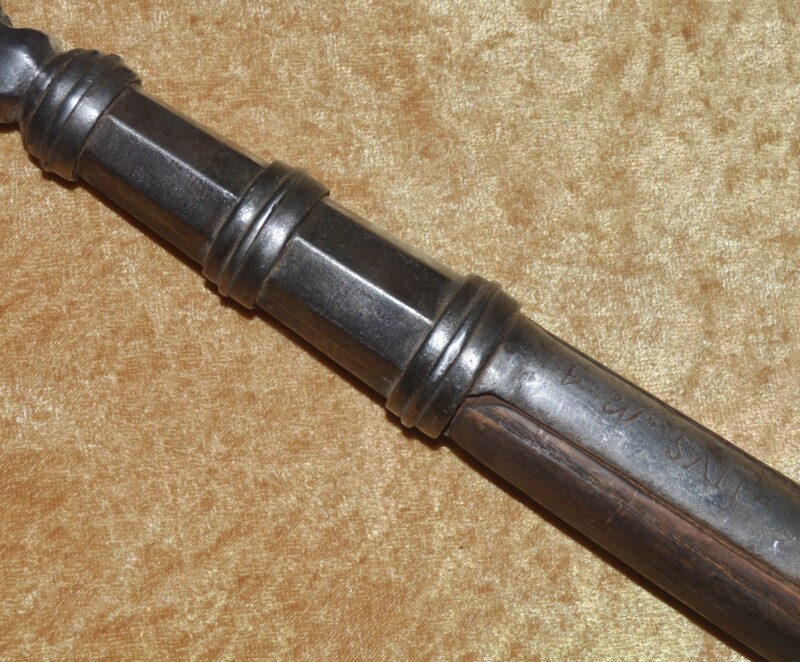
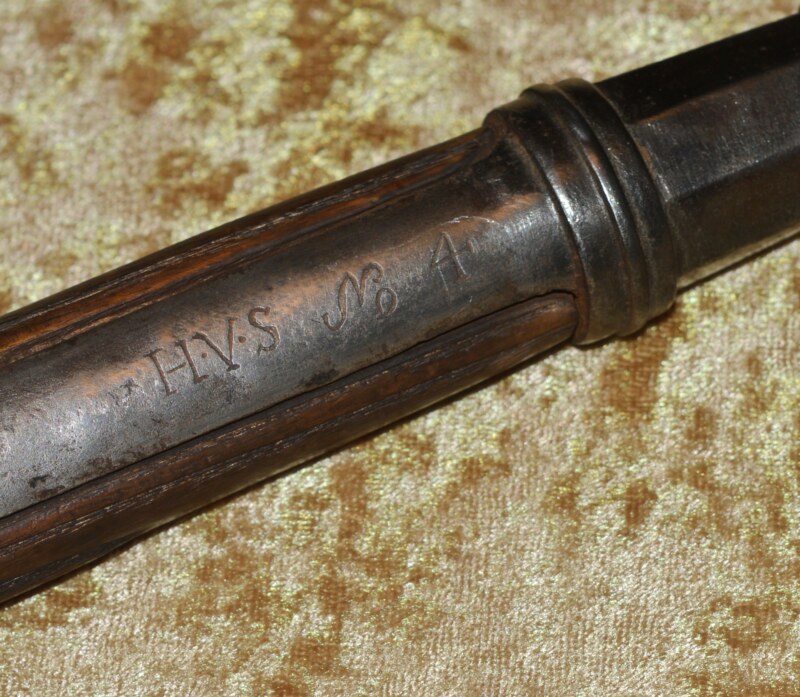
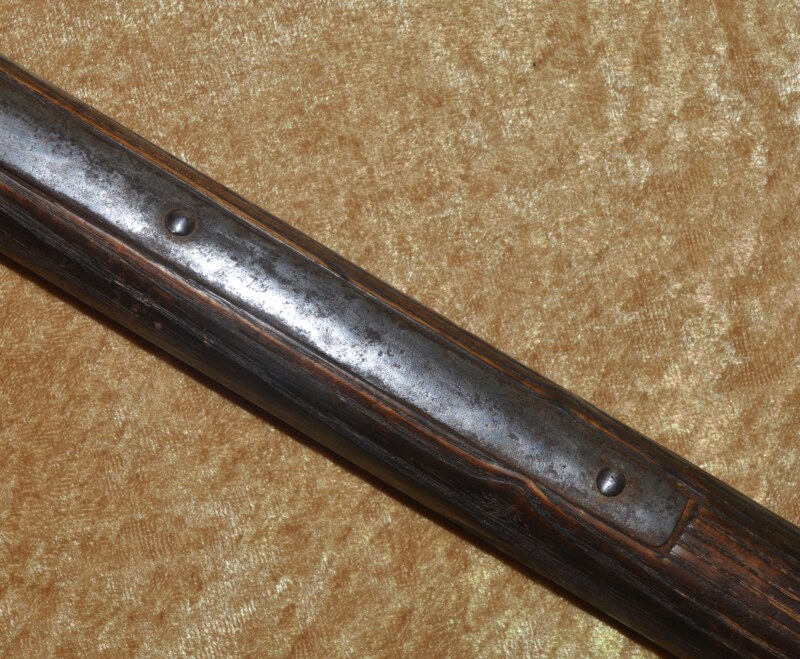
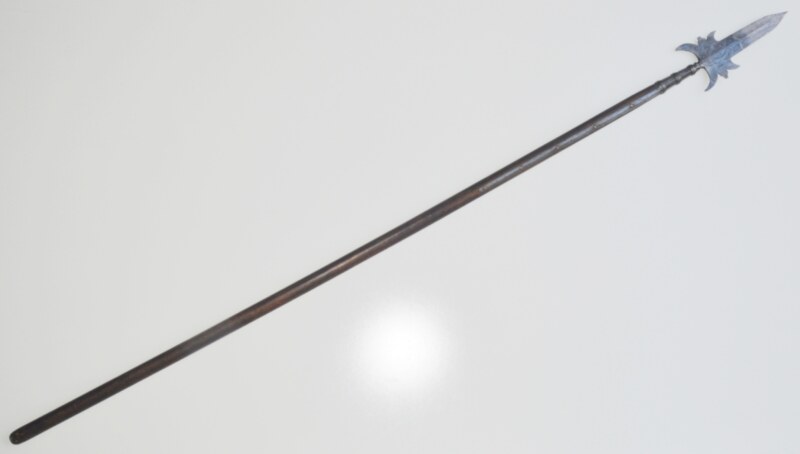
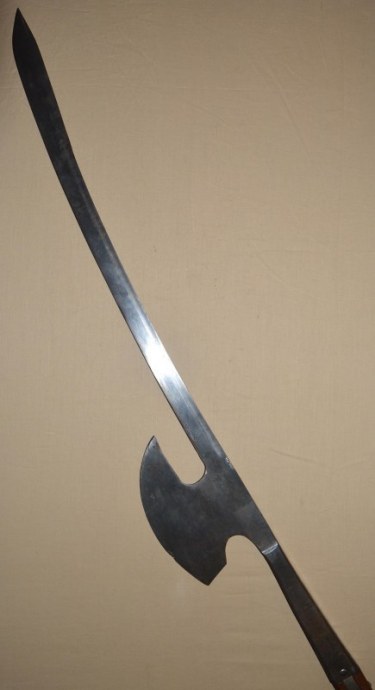 Scarce Bavarian Sabre Halberd, Early 17th C
Scarce Bavarian Sabre Halberd, Early 17th C
 Bavarian M1855 Infantry Officer’s Sword
Bavarian M1855 Infantry Officer’s Sword  17th C Halberd, Probably English
17th C Halberd, Probably English  Chiselled And Gilt Smallsword, Probably French, 18th Century
Chiselled And Gilt Smallsword, Probably French, 18th Century